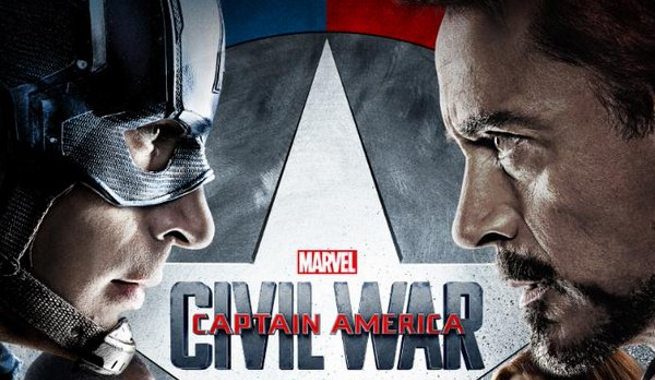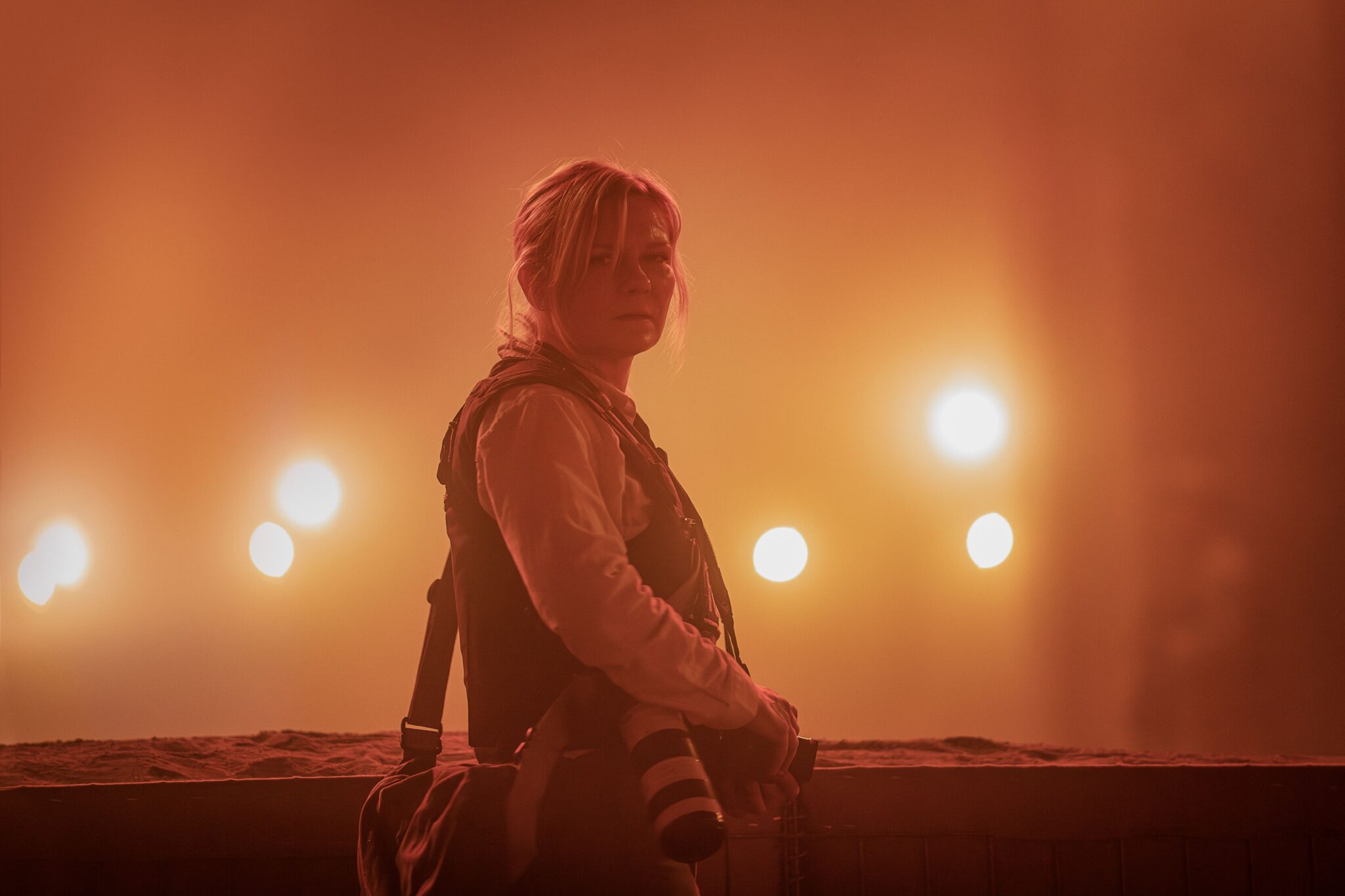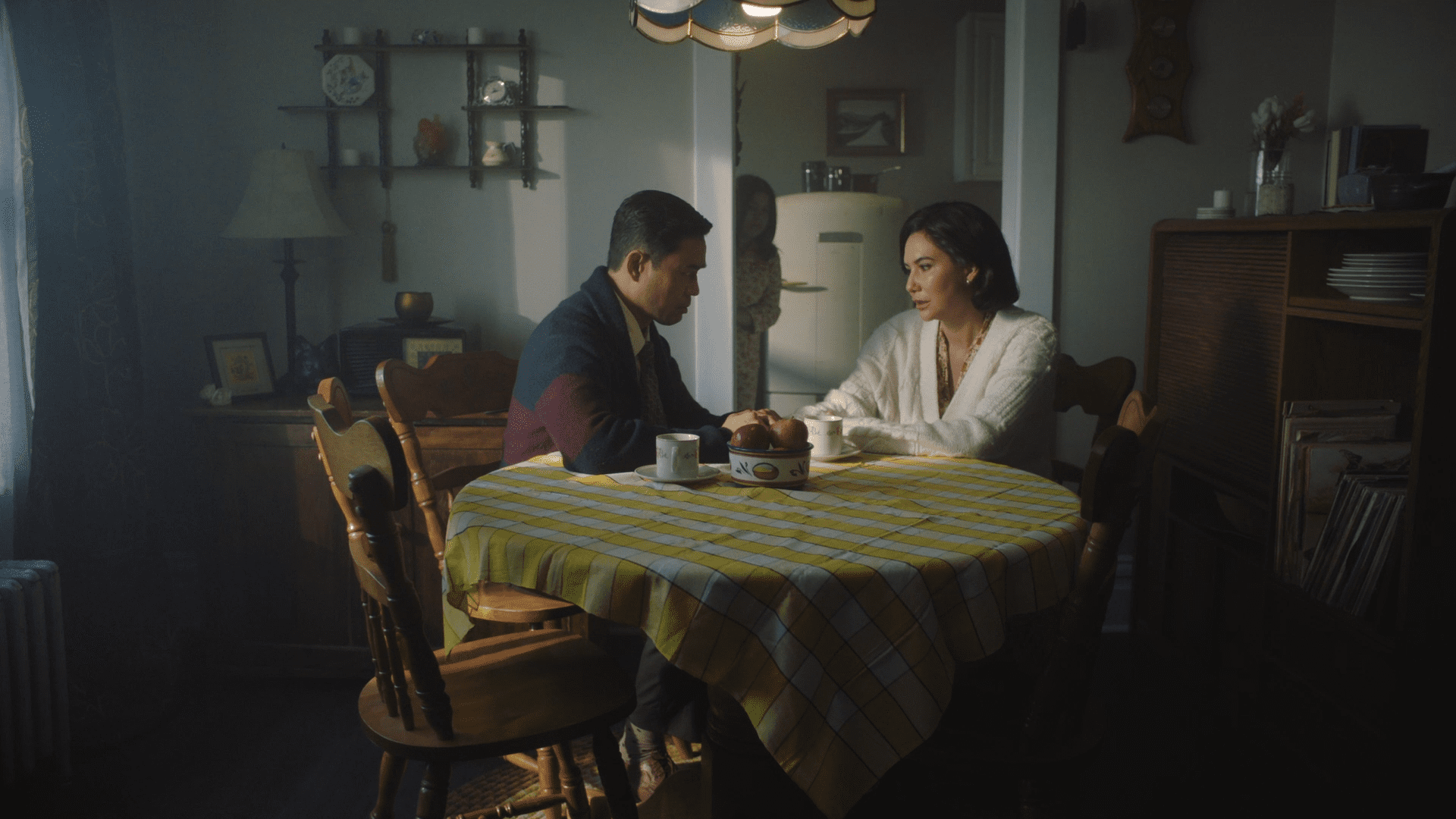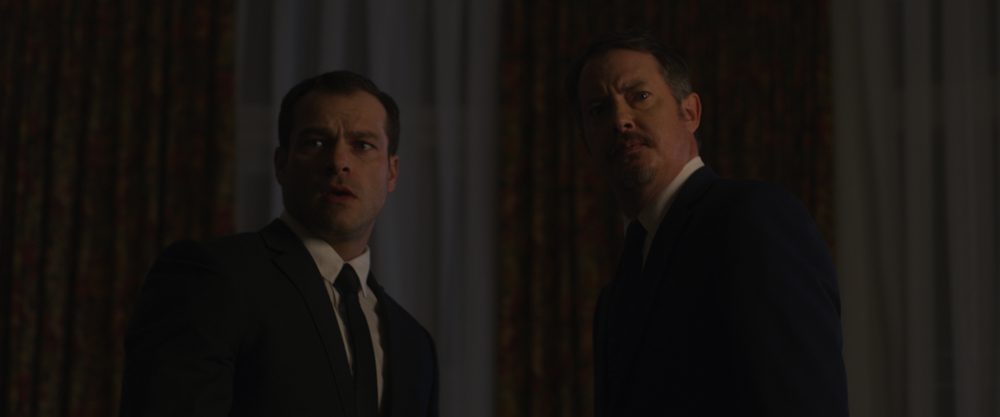 No films have divided the ScreenFish staff more than the combination of?Batman v Superman: Dawn of Justice?and?Captain America: Civil War, which released mere weeks apart. Ranting about the importance of “Martha!” or a short clip of archived video has become a commonplace thing in our staff discussions, even as others move on to the long-awaited?Rogue One?or anticipating Benedict Cumberbatch’s?Doctor Strange. The truth is, the cycle of comic book movies has taken a more serious turn: it is no longer a case of Michael Keaton’s Batman versus Jack Nicholson’s Joker. No, comic book films challenge us to examine our inner core beliefs about faith, friendship, and purpose.
No films have divided the ScreenFish staff more than the combination of?Batman v Superman: Dawn of Justice?and?Captain America: Civil War, which released mere weeks apart. Ranting about the importance of “Martha!” or a short clip of archived video has become a commonplace thing in our staff discussions, even as others move on to the long-awaited?Rogue One?or anticipating Benedict Cumberbatch’s?Doctor Strange. The truth is, the cycle of comic book movies has taken a more serious turn: it is no longer a case of Michael Keaton’s Batman versus Jack Nicholson’s Joker. No, comic book films challenge us to examine our inner core beliefs about faith, friendship, and purpose.
It’s taken me over a week to unwrap my most anticipated Blu-ray, a ‘must buy,’ of the fall, but as usual, it’s worth it.
In the third Captain America film (and the second directed by the Russo brothers), Captain America (Chris Evans) finds himself stuck between two friends, the age-old Bucky/Winter Soldier (Sebastian Stan) and Iron Man (Robert Downey Jr.) While the storyline isn’t stressed to the point it was in Marvel’s comic series of the same name, this?Civil War?proves to be about a legislative decision of the United Nations… initially. Will all of the superheroes sign the Sokovia Accords – a result of the destruction and death at the end of?Age of Ultron – agreeing to only answer the calls deemed necessary by the government? Or will some of them refuse to bow to ‘the man’ and instead operate the way they always have? Of course, Iron Man and Captain America end up on opposite sides.
But the heart of this cinematic version isn’t about that decision, but rather what happens when Iron Man/Tony Stark finds out that Bucky is the cause of his parents’ deaths so many years ago. This is thanks to the evil Sokovian Helmut Zemo (Daniel Bruhl) who plays them off against each other. My main beef with the film’s conclusion is that it elevates the likes of Zemo to smarter, bolder, and more resourceful than our heroes, in much the same way that Luthor (Jessie Eisenberg) pits Bats and Supes against each other. Seriously, do we have to paint our heroes as that stupid?
Captain America: Civil War?is a must-own, mostly thanks to the degree of the epic battle fought at the airport, and the way it connects the previous films to what comes next. There’s also the star turn by Chadwick Boseman as T’Challa, and the continuing revelations regarding Antman and Peter Parker. But if you haven’t seen it yet, I won’t spoil it.
For those who have seen it, the look at how Cap ends up here requires two featurettes: “United We Stand, United We Fall” and “The Road to Civil War.” But Stark also gets a look through “Iron Man: The Road to Civil War,” as we see the ways his tortured soul has been pushed and pulled to end up here. The Russos lend their voices to a commentary with the screenwriters, and yes, there’s a gag reel. But for the fans of Disney’s Marvel line, the behind-the-scenes journey of Cumberbatch’s Strange is the whip cream on top of the sundae.
Overall, Captain America movies have stayed solid. There are no major pitfalls they’ve experienced that would prevent audiences from loving his character or appreciating the overall Marvel universe arc (the way that the Mandarin in?Iron Man 3 caused some slippage for Downey’s character). But the way that morality is depicted here – especially in regards to authority and law – provides us with some hefty chunks to chew on in light of growing dissatisfaction with laws and enforcement on several fronts in the United States. What does conscientious objection look like? How should we respond? When we disagree, can we still be brothers, even bloodied and battered?
Captain America: Civil War?wants to say, yes, yes, we can.




